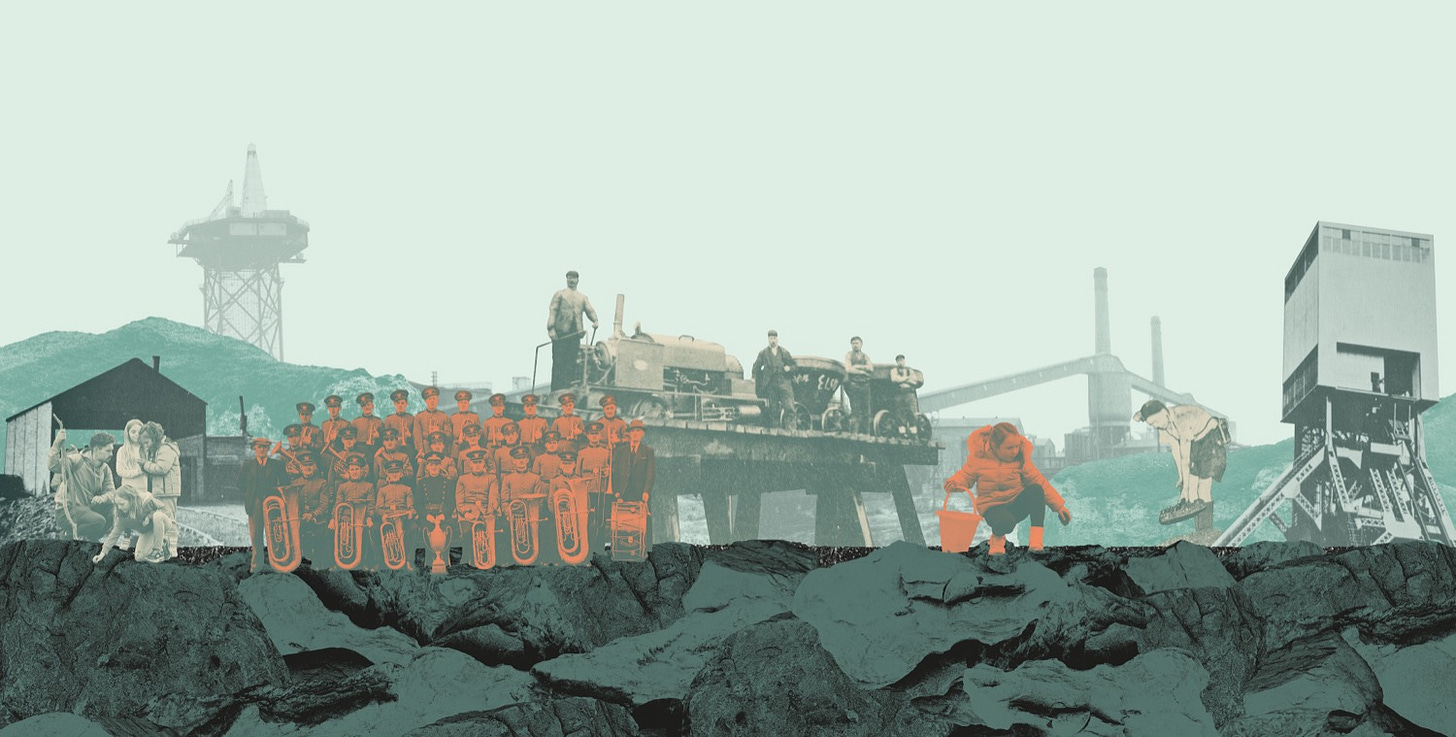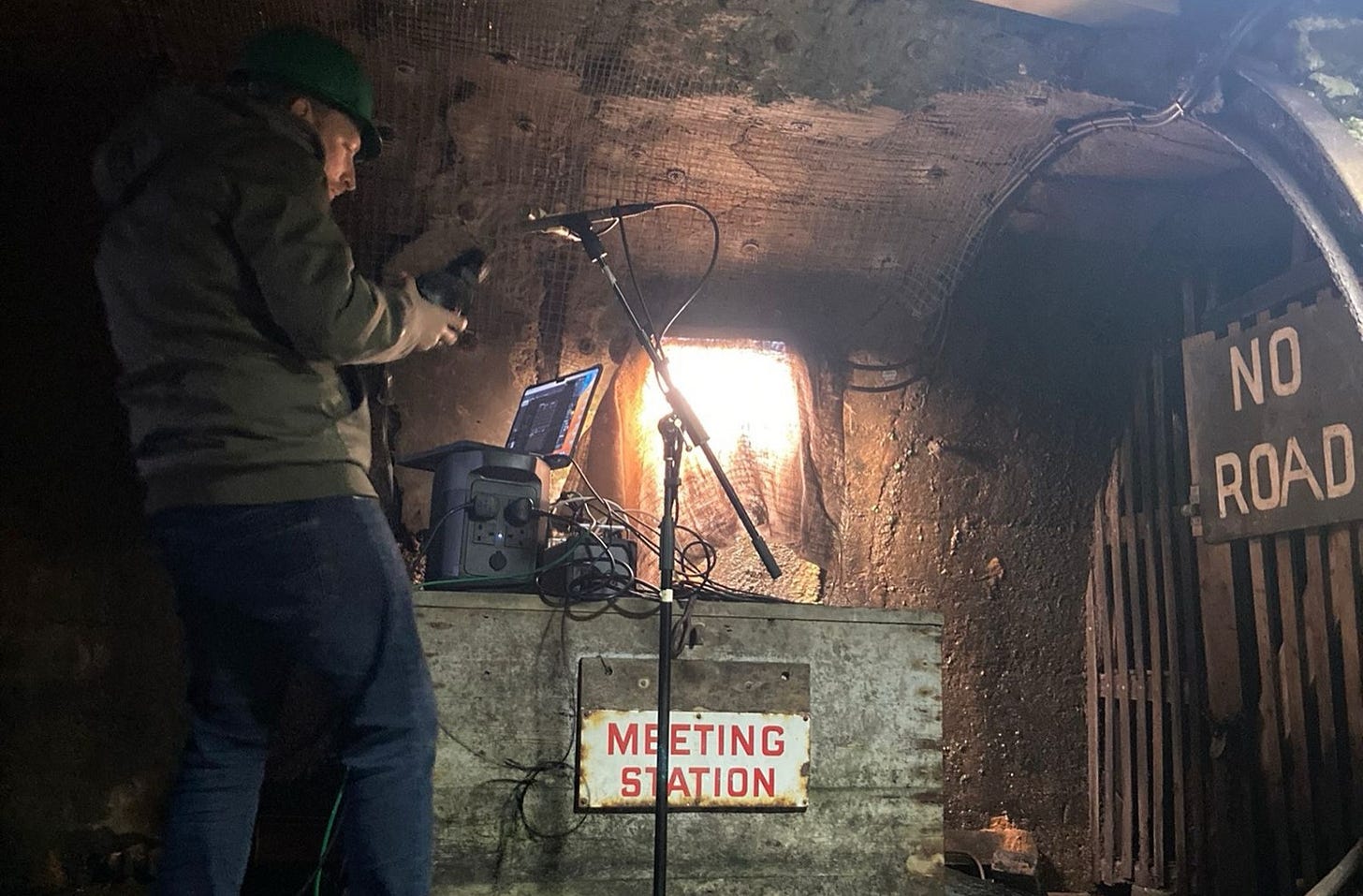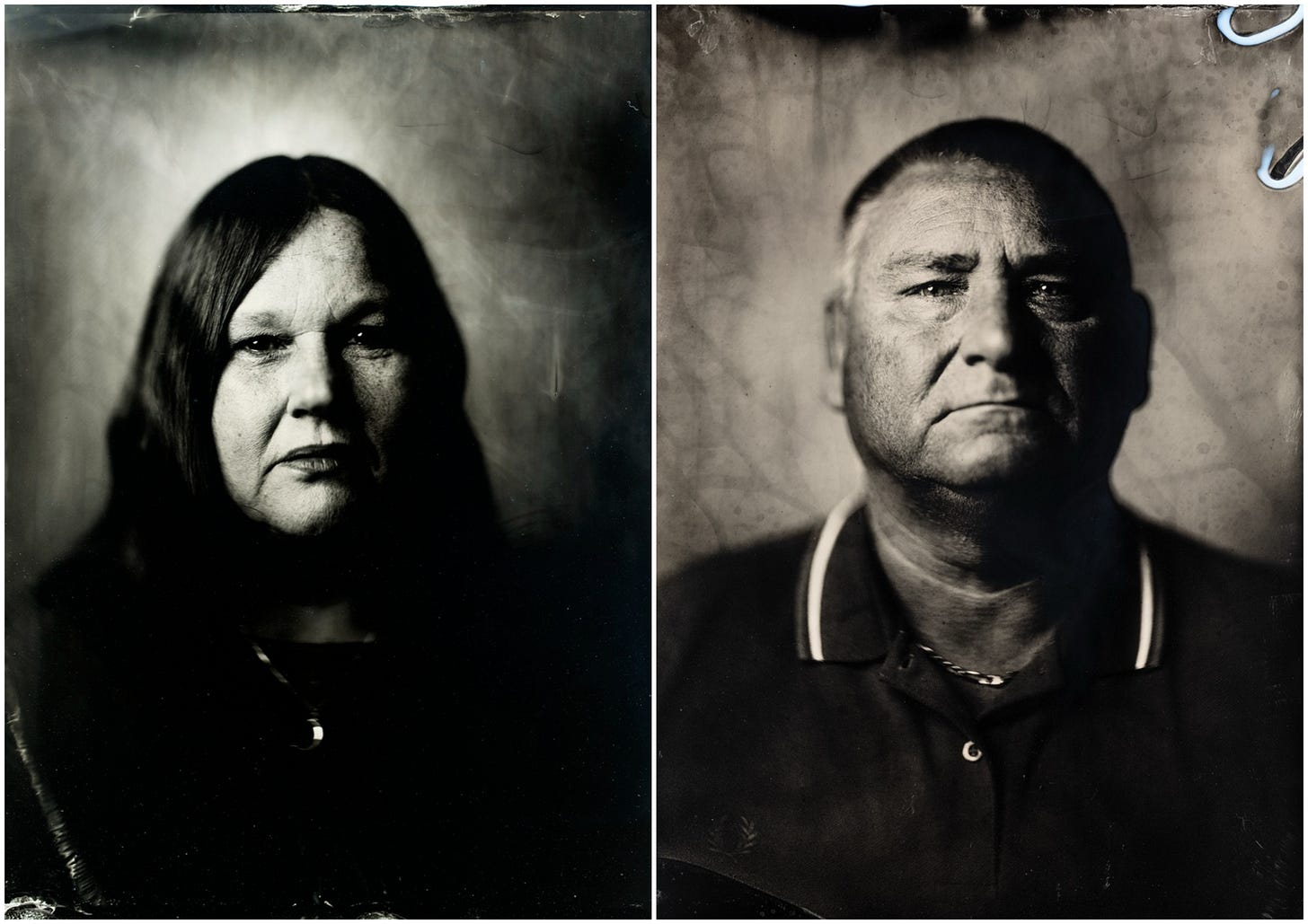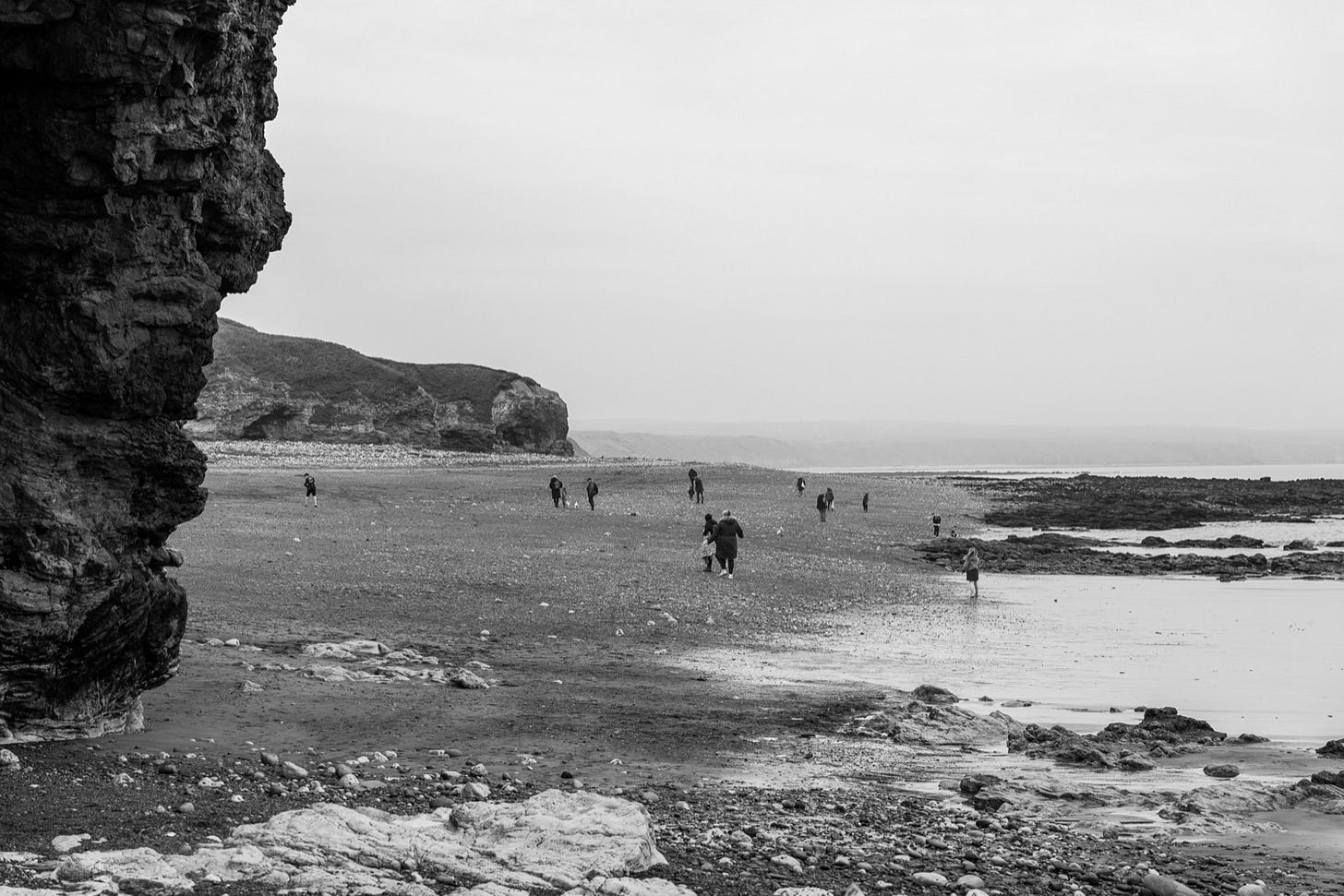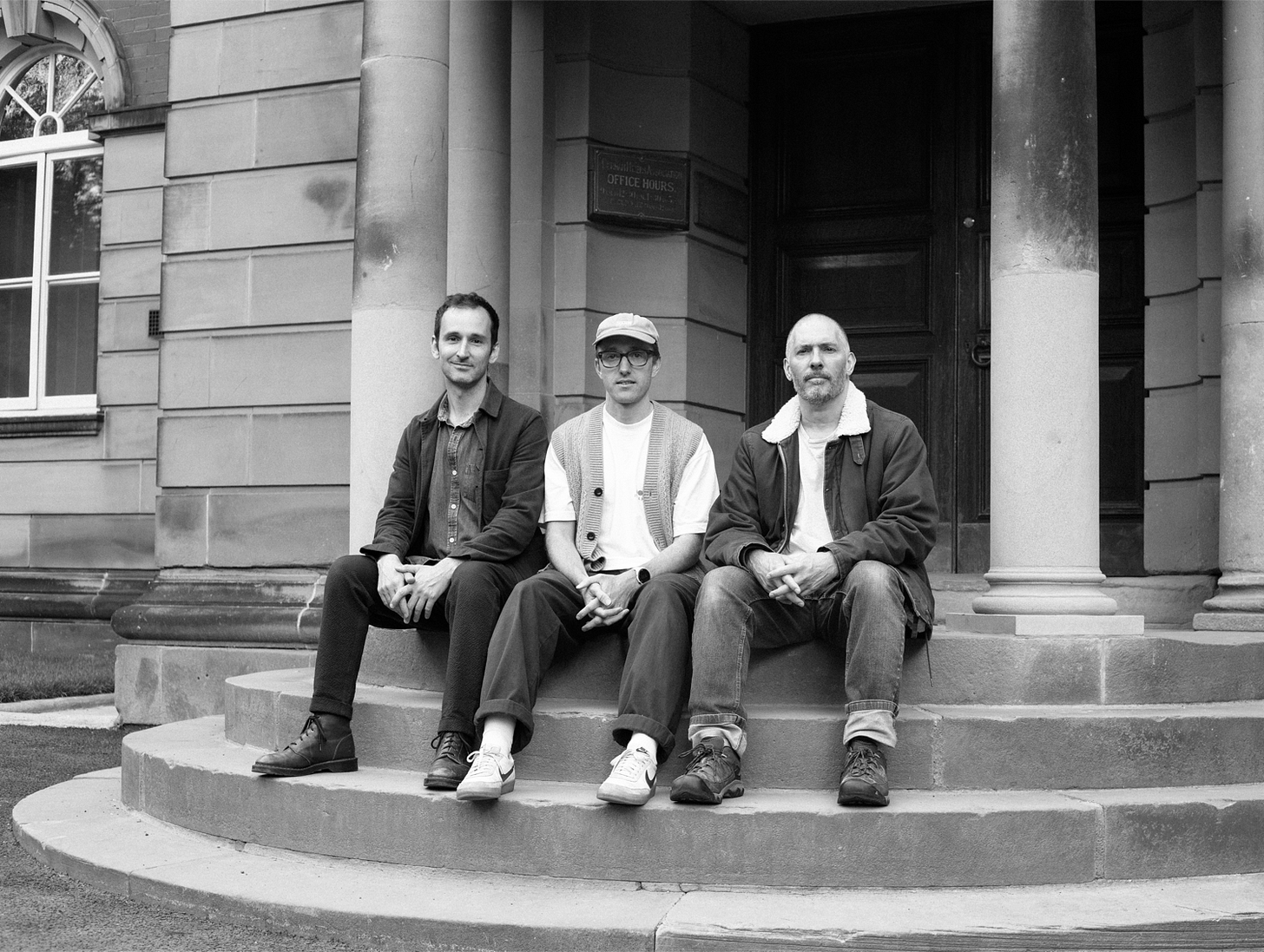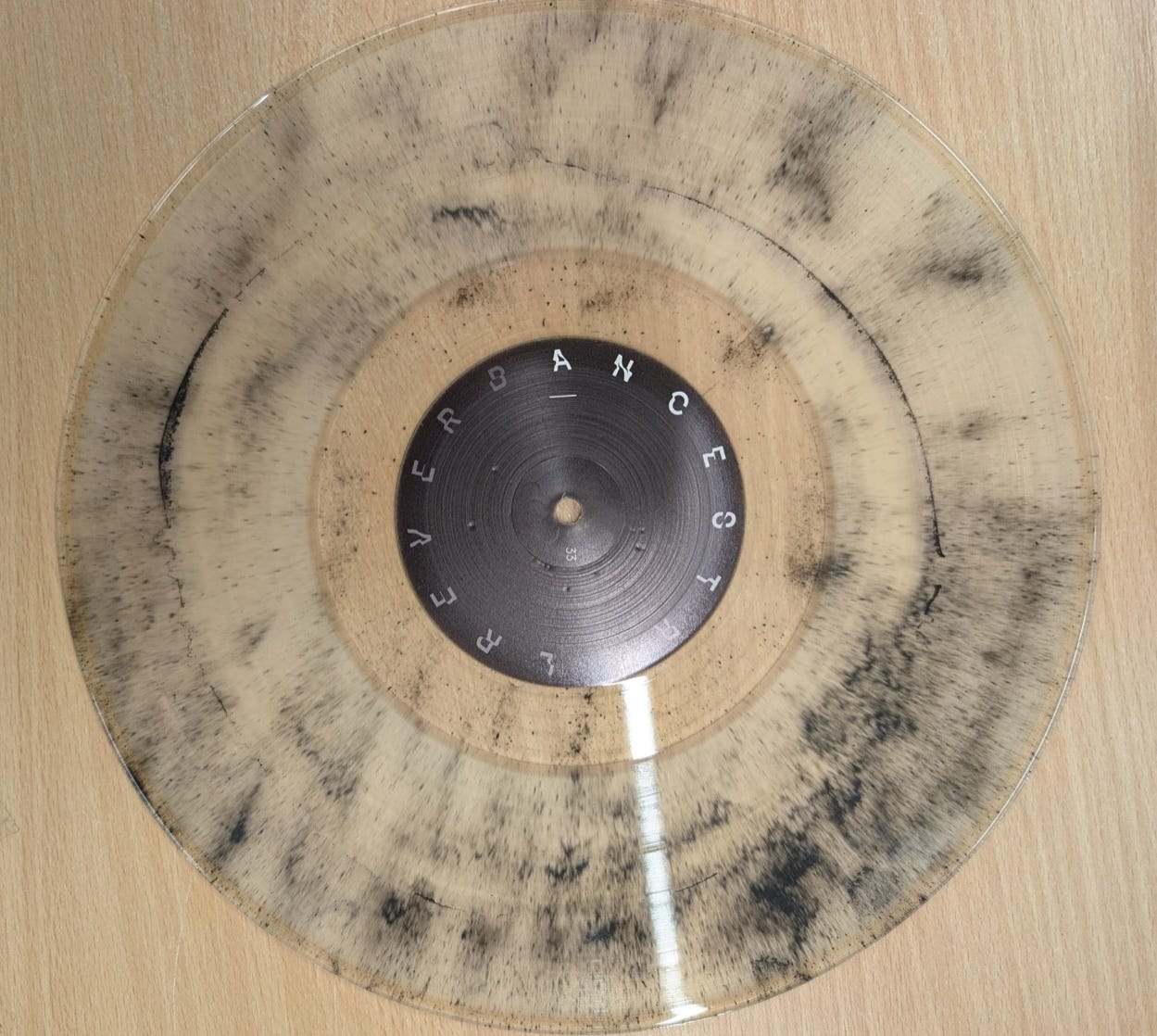Putting climate change on the record
Coal dust vinyl sounds the charge to a clean energy future. Tony Henderson reports
A vinyl record has been created to play a part in tackling climate change.
The transparent disc, embedded with coal dust, was given its first public airing to delegates at a clean energy conference at Redhills, the newly restored former headquarters of the Durham Miners Association.
The record venture has been led by Cullercoats-based climate hope charity Threads in the Ground, which seeks to help people tackle climate change through creative projects.
The goal is to involve communities through arts, culture, heritage and education, with initiatives such as creating a sculpture trail from fungal material - claimed to be a construction method of the future - and a future foods venture which included making insect sausages.
Titled Ancestral Reverb, the record features a vintage 1902 recording by the St Hilda Colliery Band, which is arranged in a “duet” with the current Durham Miners’ Association Band.
Also included is a digital recording which aimed to capture the “sounds” of the space inside an original drift mine at Beamish Museum, and a script fashioned from 33 interviews with former pit communities in the North East.
In the interviews, retired deep coal miners, alongside their children and grandchildren, discuss coal mining heritage and climate change.
Also used are photographs taken using a Victorian-era camera, with the fragments of coal coming from chunks on the beach at Blackhall Colliery in County Durham.
One hundred copies of the record have been made, with discs going to Redhills and other regional archives, the National Coal Mining Museum, the British Library, and families interviewed for the project. The remainder are for sale at £30 each.
Ancestral Reverb features the voice of Newcastle folk singer-songwriter Richard Dawson, speaking the words of former miners and their families.
Richard said: “I’m honoured to have had the chance to lend my voice to this important, strange, and stirring work. A long poem, assembled from recordings of interviews with mining families and set to a suite of electronica, is beautifully balanced and thought-provoking.”
Adam Cooper, director of Threads in the Ground, said: “We used the smashed-up coal to ‘carbon print’ documentary photos of the project. We believe this may be the first time that coal dust has been used as part of a creative production process.
“What we inherit in the North East are years of the qualities of graft, solidarity, community and resilience - which are needed for meaningful climate action.
“We want to honour the past we inherit, to inspire more people to have their voices heard to build our future. We are at a crucial moment in history where the changes we set in motion now around our energy infrastructure will shape the future for all our communities.”
The record’s music was produced by DJ Bert Verso, and the script, based on miners’ memories, is the work of poet and novelist Jacob Polley from Whitley Bay, who teaches at Newcastle University.
His fourth book of poems, Jackself (2016), won the T.S. Eliot Prize, and his novel Talk of the Town (2009), published by Picador UK, won the Somerset Maugham Award in 2010. In 2011, he was Arts Queensland’s poet-in-residence.
Also involved in the project were Andy Martin, an award-winning photographer and filmmaker from Sunderland, and Rachel Deakin, a digital photographer and artist based in Middlesbrough.
In 2024, Andy’s photography won the British Journal of Photography’s Portrait of Humanity Award and the Portrait of Britain Award.
He specialises in a photographic technique known as the wet collodion process, which dates from 1851. The images are produced by hand on sheets of metal and glass.
To listen to a track from the record and buy/download the whole thing, visit the Threads in the Ground website.
The Energy Days conference by the Durham Energy Institute featured Industry Minister Chris McDonald speaking on renewable energy transition; Fiona Hill, Chancellor of Durham University, whose father was a coal miner; and Chris Stark, head of the UK’s Mission for Clean Power and former chief executive of the UK’s Climate Change Committee.
The event explored how County Durham’s rich industrial heritage can once again drive the region’s transformation into a leader in clean energy. Heating from minewater, hydrogen technology, the future of offshore wind energy, and clean shipping were among the topics discussed.
Professor Simone Abram, executive director of the Durham Energy Institute at Durham University, said: “The Durham coalfield once powered a nation. Today, it holds remarkable potential for our clean energy future.”
Andrew McIntyre, chief executive of Redhills, said: “For many decades the Durham coalfield was recognised across the globe for world-leading innovation. Forty years on from the Miners’ Strike, Redhills is focused on building a clean and just future for our communities, with new technology and sustainable energy.”


